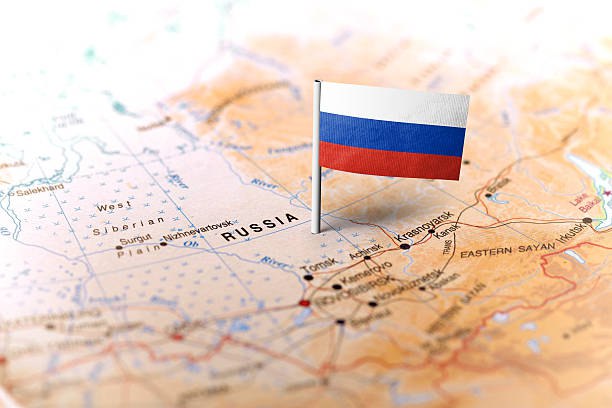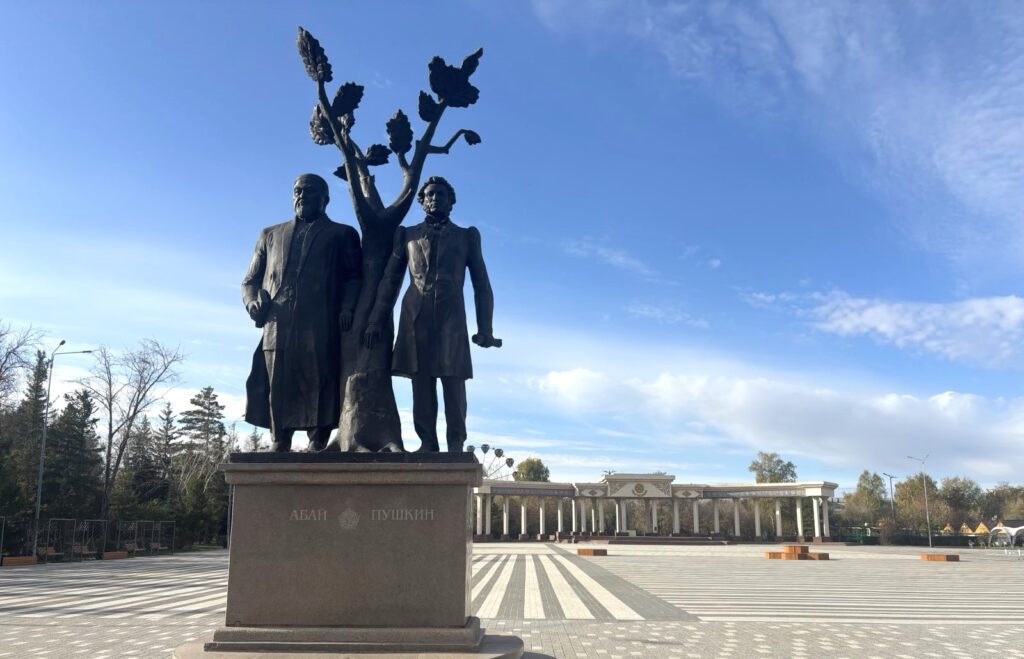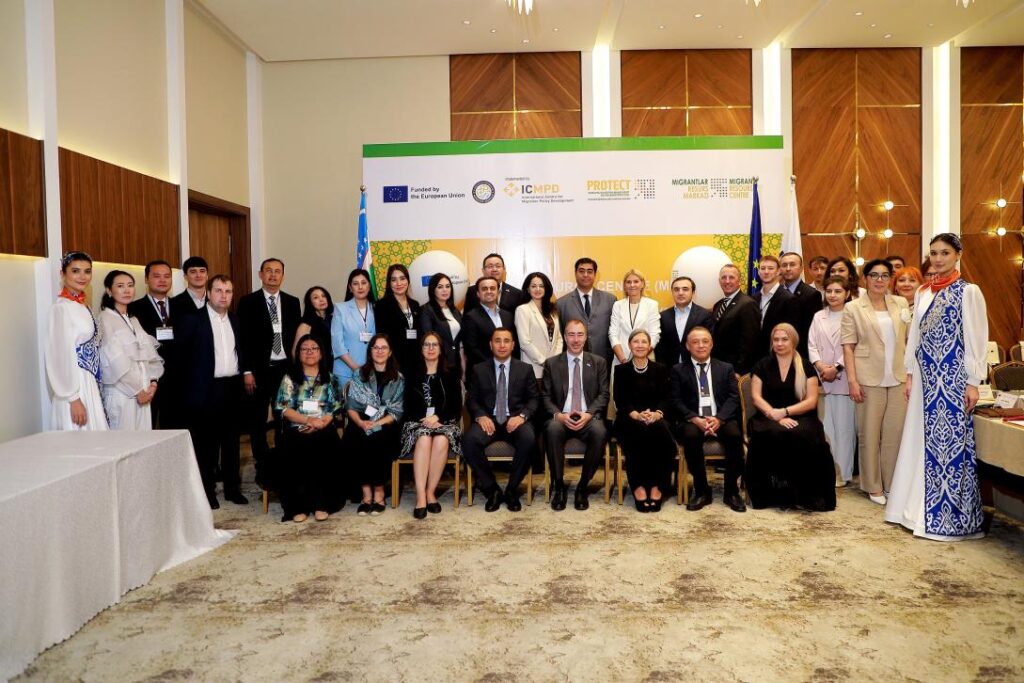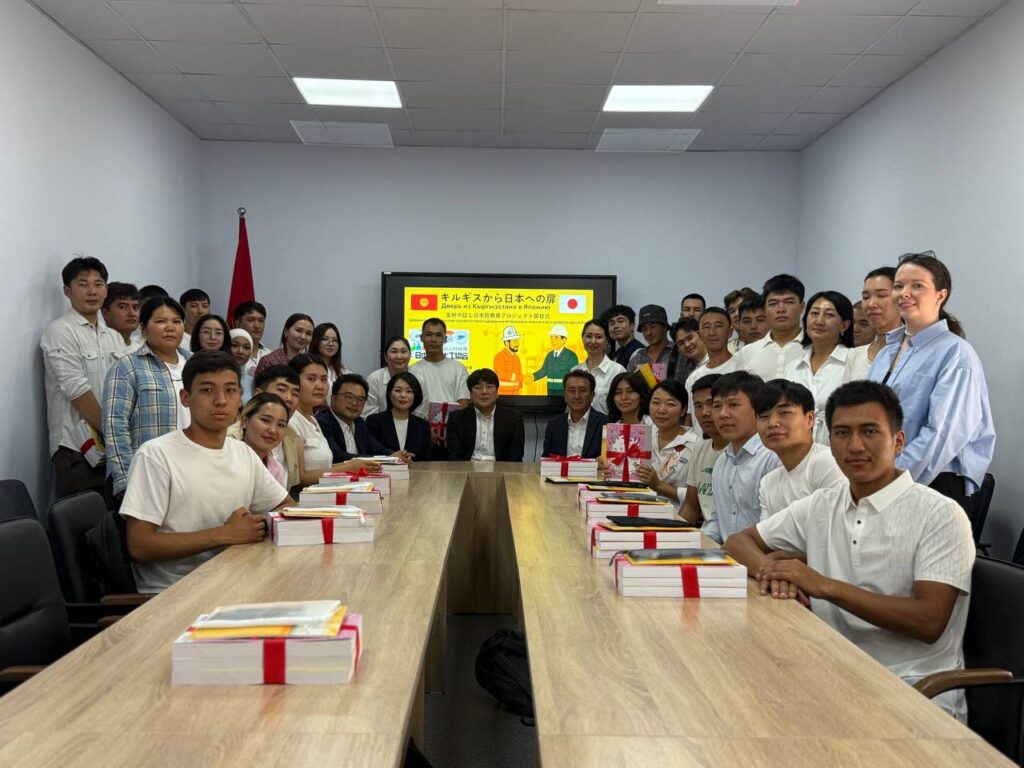Kazakhstan has introduced a new “Neo Nomad” visa for modern nomads and working tourists who combine work and travel. The new visa regime was developed using the experience of more than 50 countries that have introduced similar programs after the pandemic.
To obtain a Neo-Nomad visa, foreign citizens must prove a stable income of at least $3,000 per month, provide health insurance, and provide a certificate showing that they have no criminal record. The visa is designed for representatives of various industries, including IT, marketing, finance, consulting, design, and e-commerce.
The visa holder can stay in Kazakhstan for up to one year while continuing to work for a foreign company. This will allow foreign citizens to immerse themselves in the local culture, and Kazakhstan to generate additional revenue — which, according to estimates, could amount to about $8 million a year if visas are issued to 500 individuals. Foreigners who take advantage of Neo Nomad will reside and spend the funds in Kazakhstan. The program also does not affect Kazakhstan’s labor market, as foreign citizens do not take local jobs.
Tourism and Sports Minister Yerbol Myrzabasynov said the joint efforts of several ministries have made Kazakhstan attractive to digital nomads, whose number globally has reached 35 million. Almaty and Astana are already on the list of the 150 best cities for this type of tourist.
Many countries have already introduced visas for digital nomads, attracting remote workers and stimulating the economy. For example, Spain offers the Digital Nomad Visa, which allows you to live and work remotely for up to 12 months with the possibility of an extension. Portugal has a D7 Visa program targeting passive income earners, including remote workers. These visas contribute to the development of the local economy, increase consumption, and attract skilled professionals.









